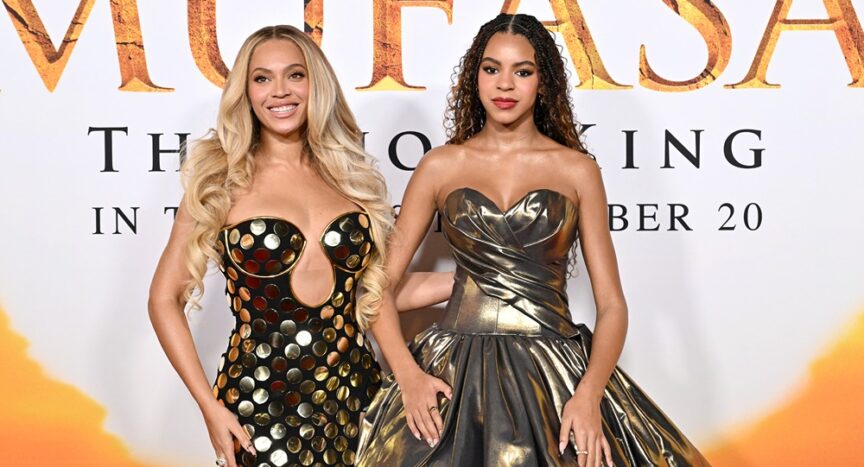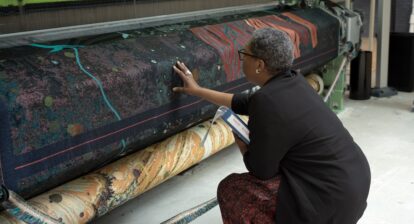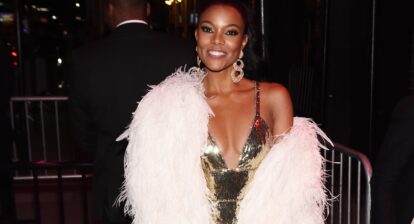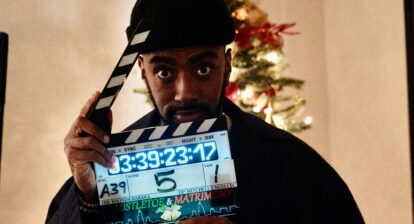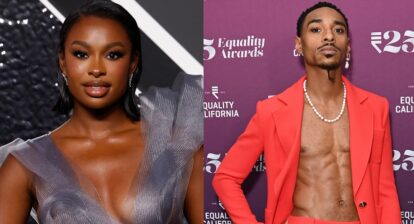Academy Award winner Barry Jenkins shared how Beyoncé stepped back to let her daughter, Blue Ivy Carter, shine as the voice of Kiara in the new movie Mufasa: The Lion King.
“Beyoncé, as a mother, made herself almost reserved in the background to give support to her daughter, who was performing in this way for the first time,” the Mufasa director revealed to EBONY during an interview held at scenic San Diego Safari Park. He described the process as really beautiful, recalling, “Somehow, that energy made its way into the performance.”
Mufasa: The Lion King goes beyond retelling the original story by grounding it in cultural authenticity. “We mapped Mufasa’s journey back to the Pride Lands using diverse locations in Africa,” Jenkins explained. “We reached out to people in those regions to ask, ‘What’s the most interesting thing about your landscape? What do you want to see reflected about your homeland?’ That input brought richness and depth to the story.”
Lin-Manuel Miranda, who worked on the film soundtrack, discussed how the music balances the original Lion King with new emotional layers. One of the most revealing songs is “Brother Betrayal,” which foreshadows the turning point in Taka’s transformation into Scar. “It’s a moment of trauma that completely reshapes his life,” Miranda said.
Themes of resilience and honoring one’s roots connect deeply with Black audiences around the world. Jenkins highlighted the cultural significance of The Lion King franchise. “For many children, The Lion King is their first encounter with Africa. Through the Swahili language, Rafiki’s customs and the landscapes, this movie celebrates the vibrancy and beauty of the continent.”
Aaron Pierre, who plays young Mufasa, took a moment to contemplate what it meant to bring a younger version of Mufasa to life while honoring the legacy of the late James Earl Jones. “Rest in peace. Rest in power. James Earl Jones is one of my greatest inspirations,” he said. “His legendary portrayal was my guiding light. I channeled any fear or nervousness into my performance because I’m portraying the adolescent version of Mufasa from the 1994 original. Hopefully, he would be proud.”
Jenkins is clear about what this film represents for the Black diaspora. “The Lion King may center on lions and giraffes, but its soul is undeniably tied to the energy of the African continent,” he said. “The language, the music, the landscapes—they’re a celebration of Black culture and history.”
He continued, “This is a story that resonates because it’s about legacy—passing on what you’ve learned so generations that follow can rise even higher.”

